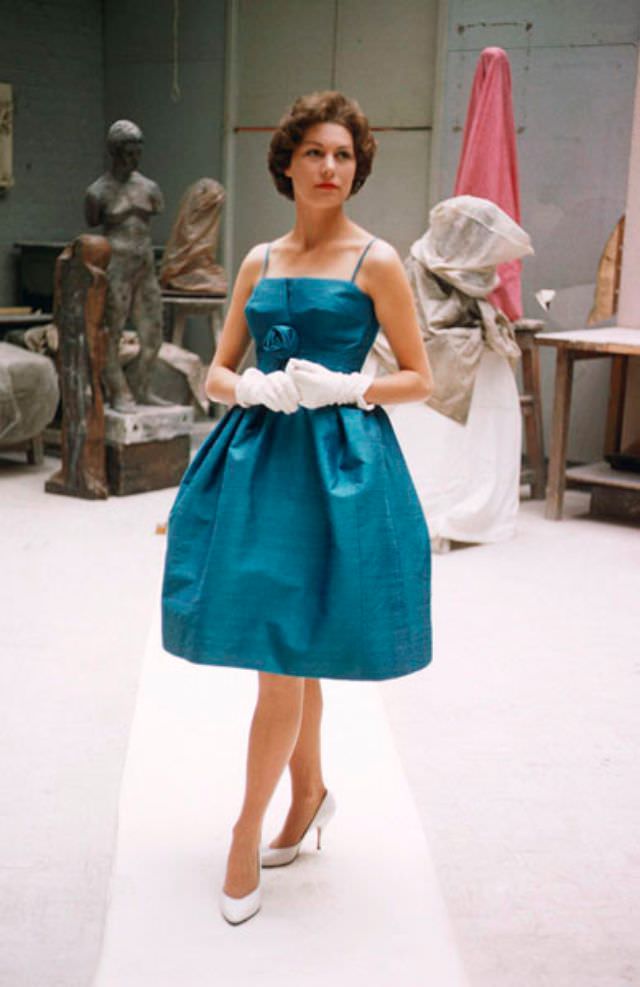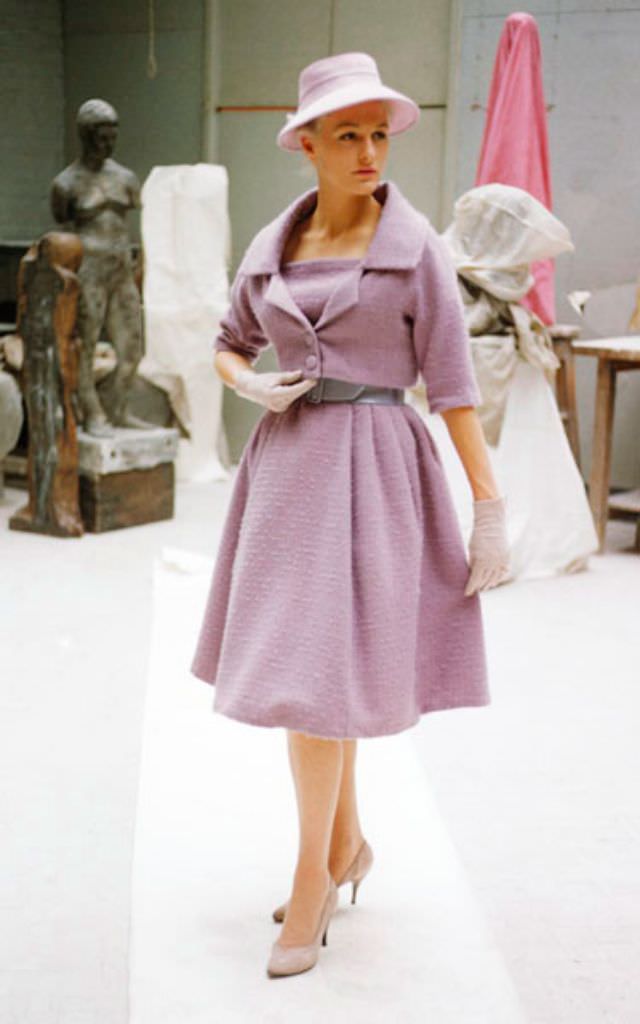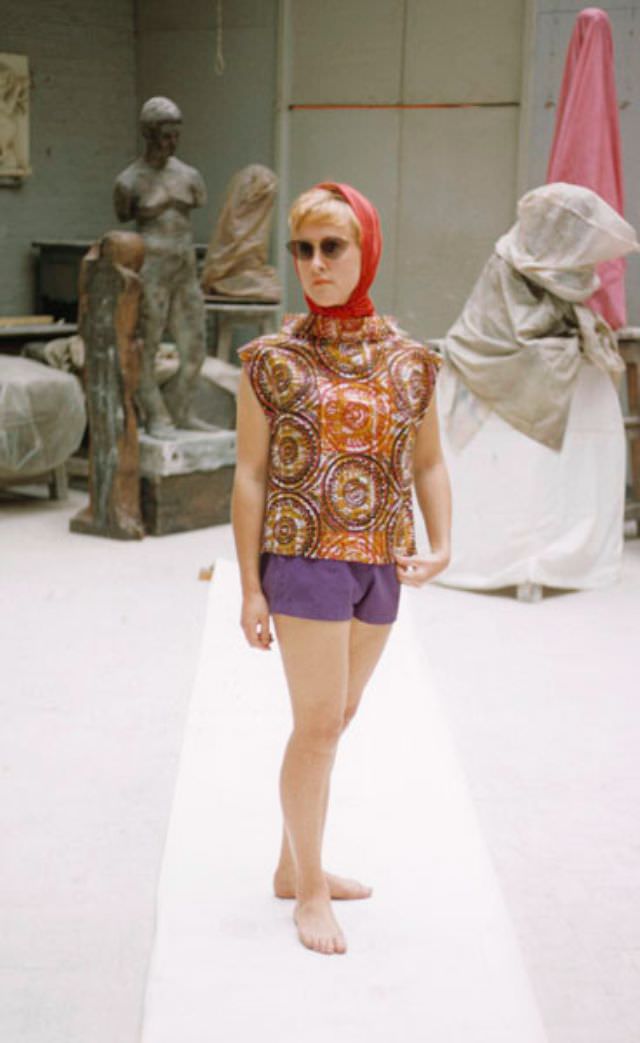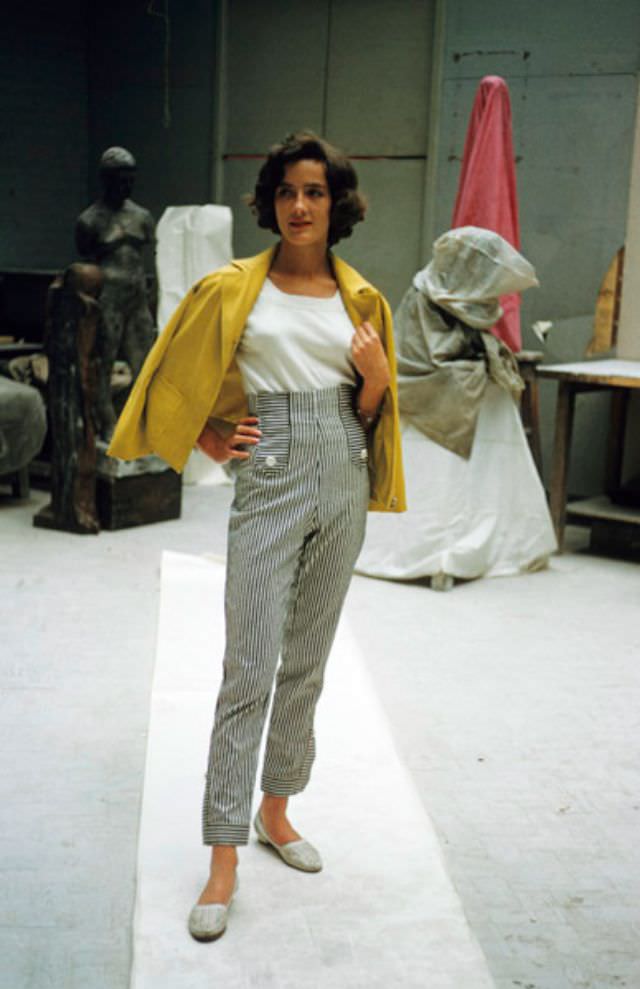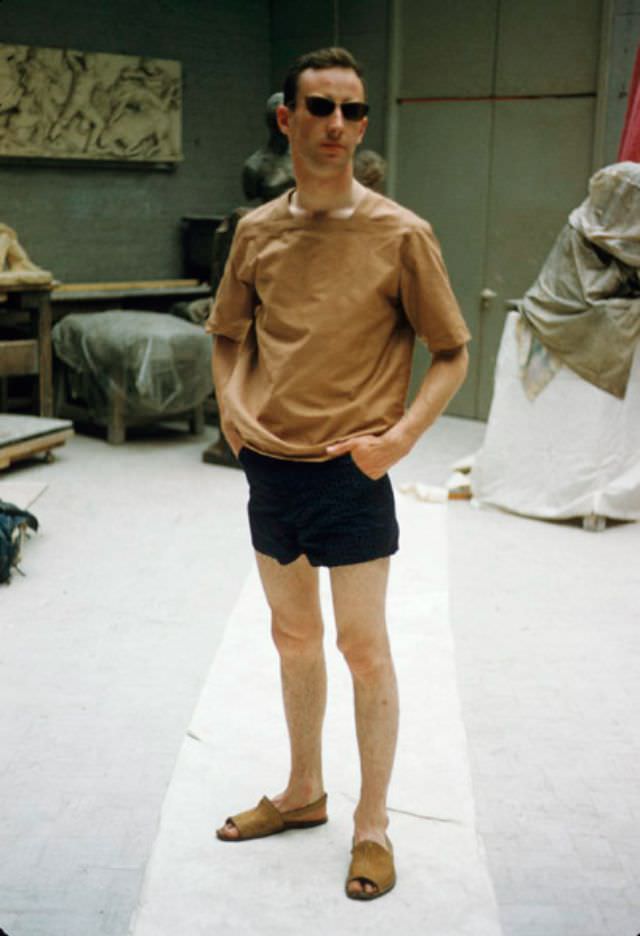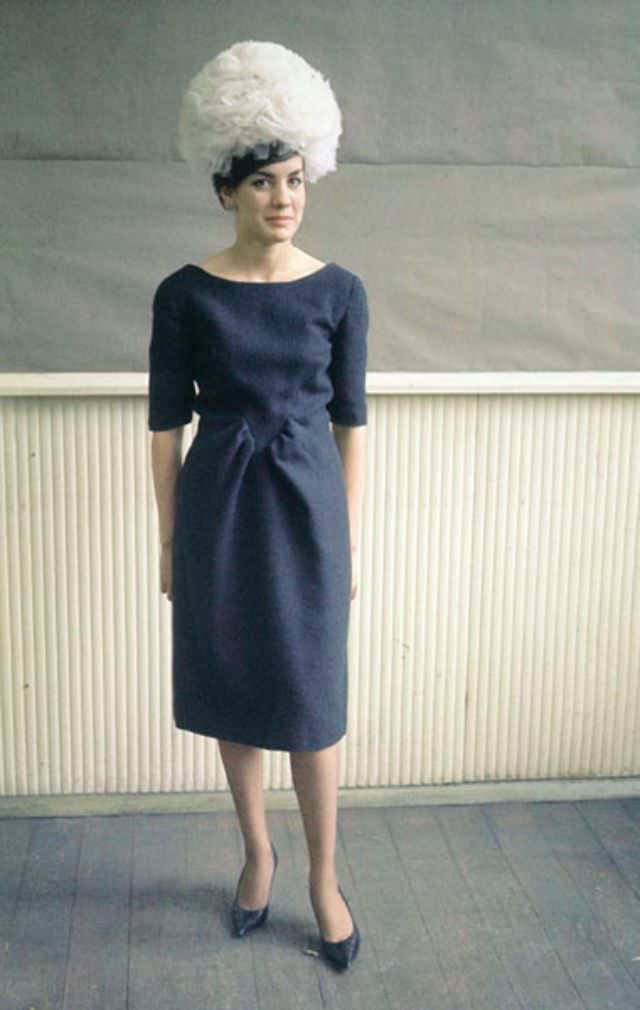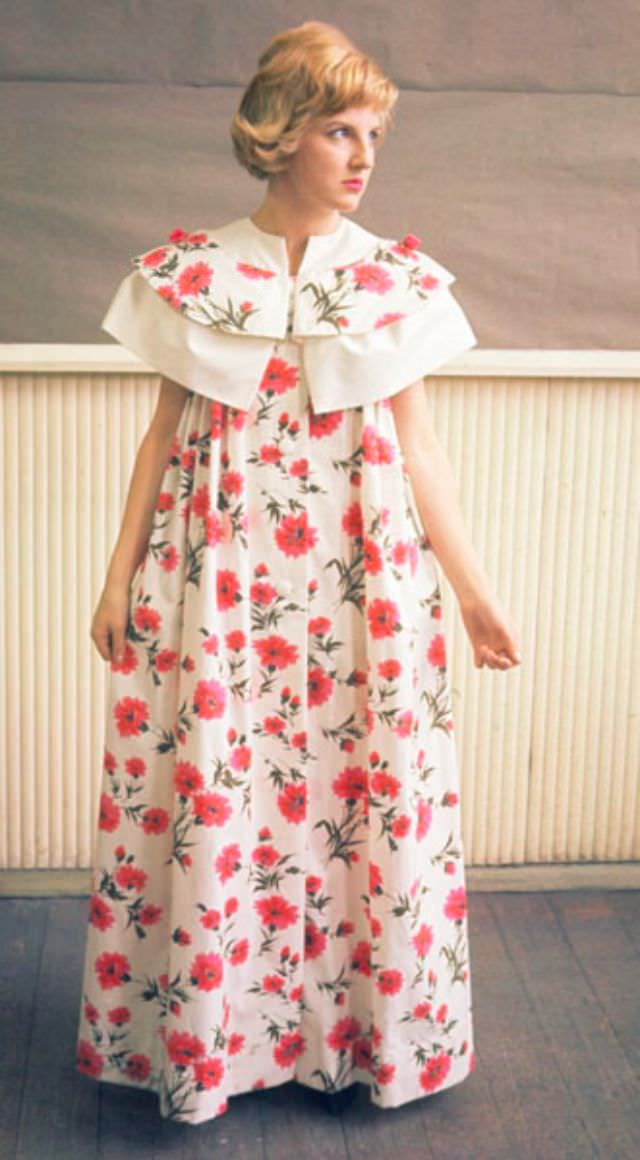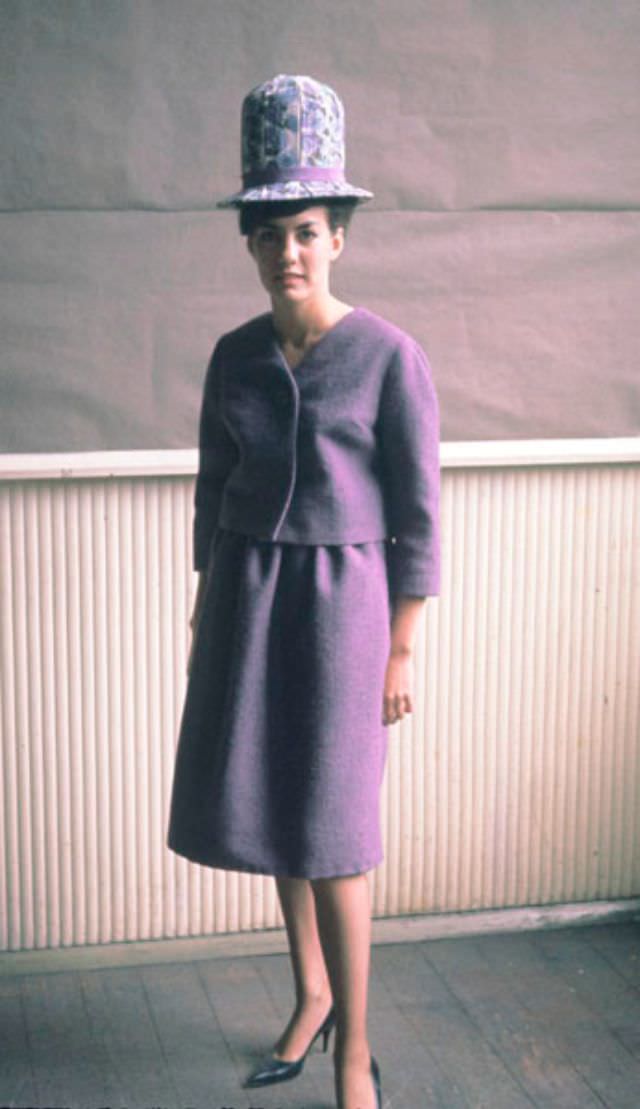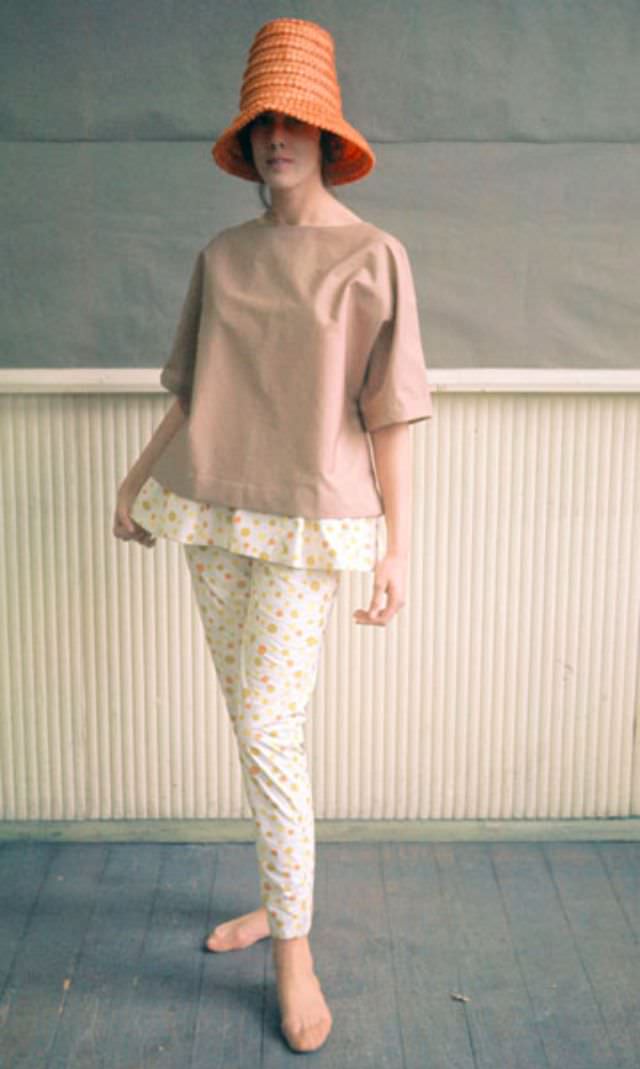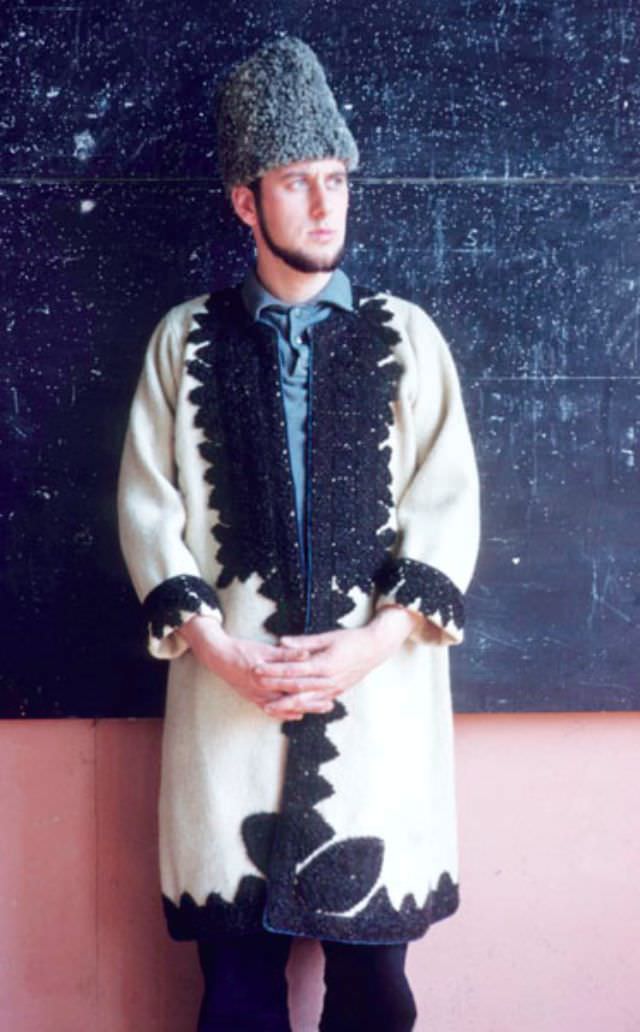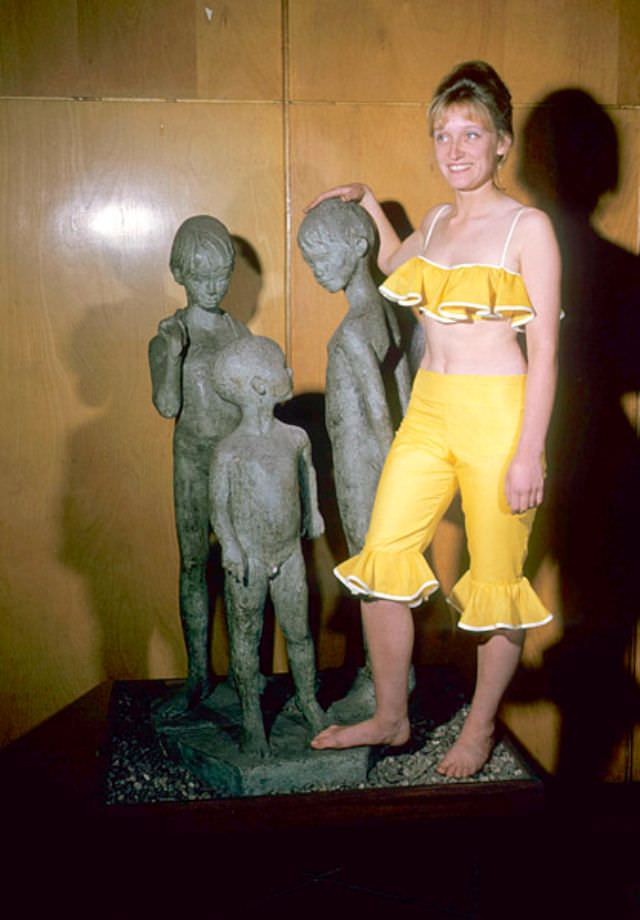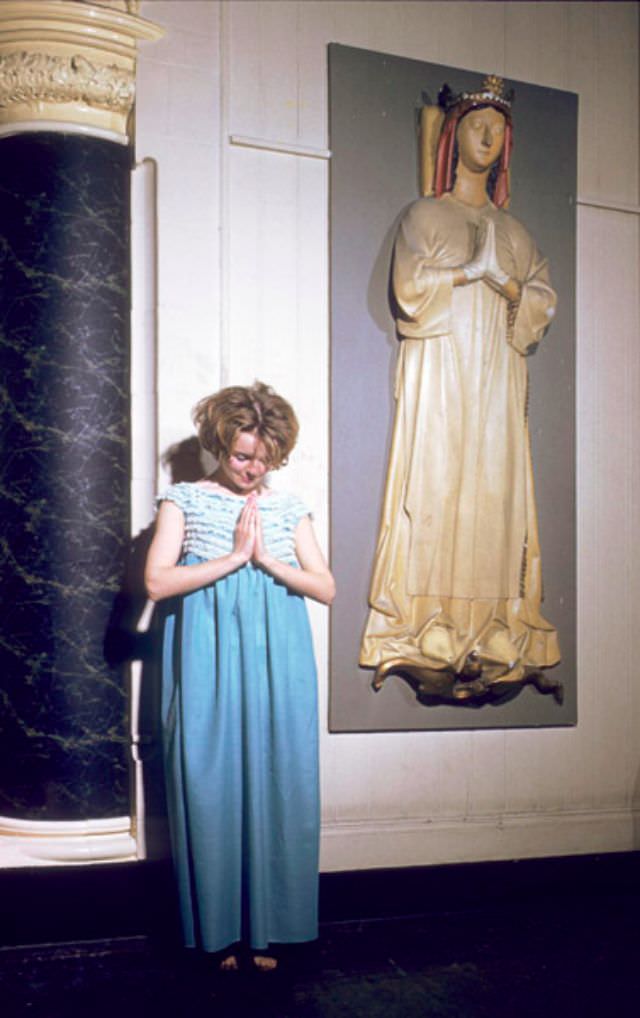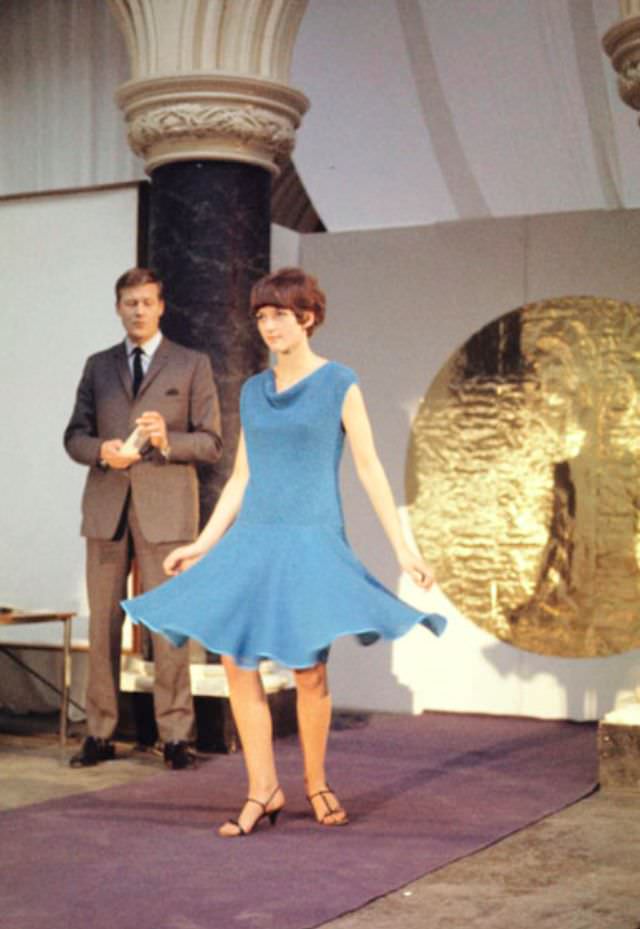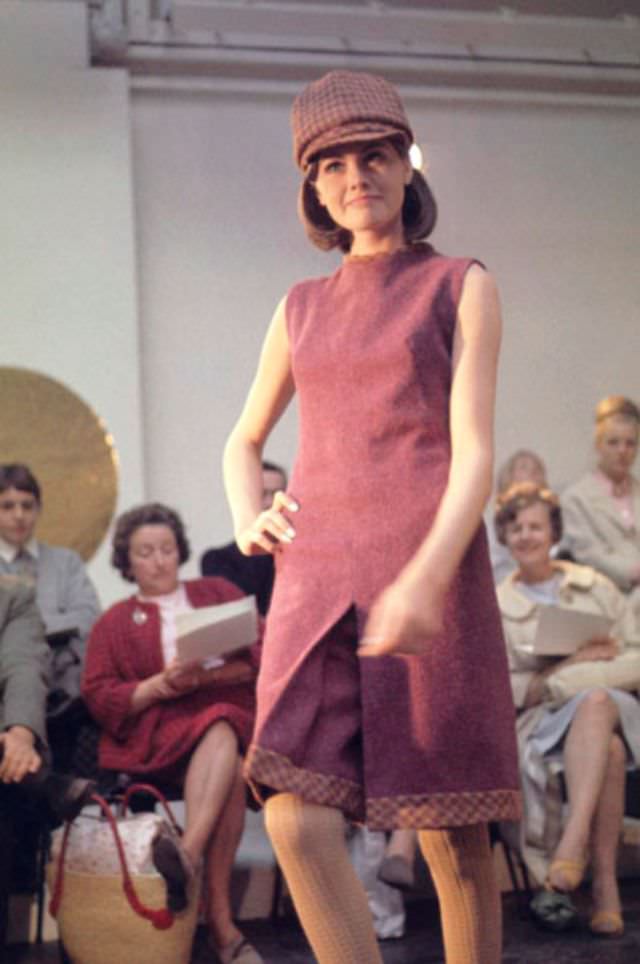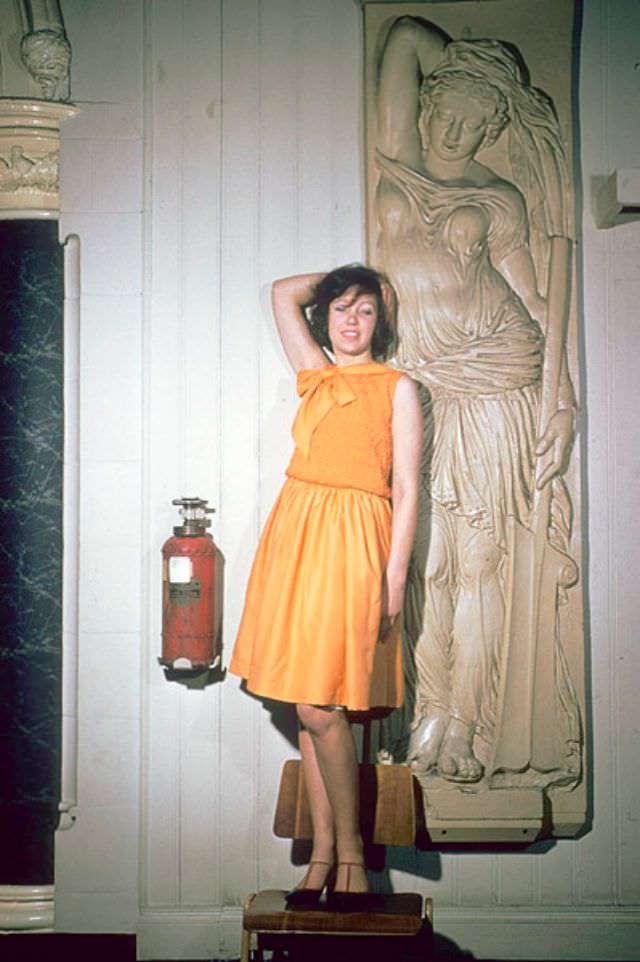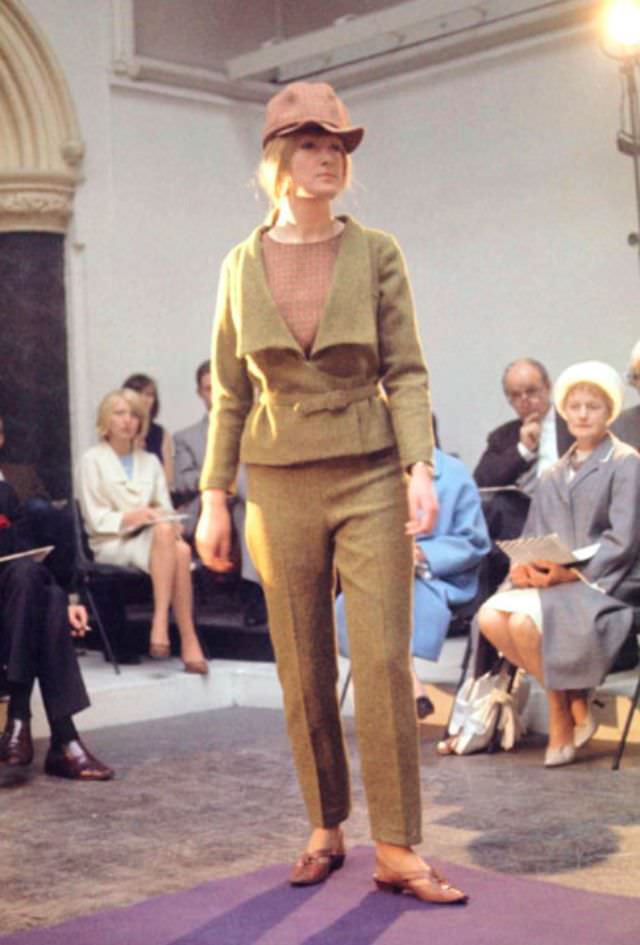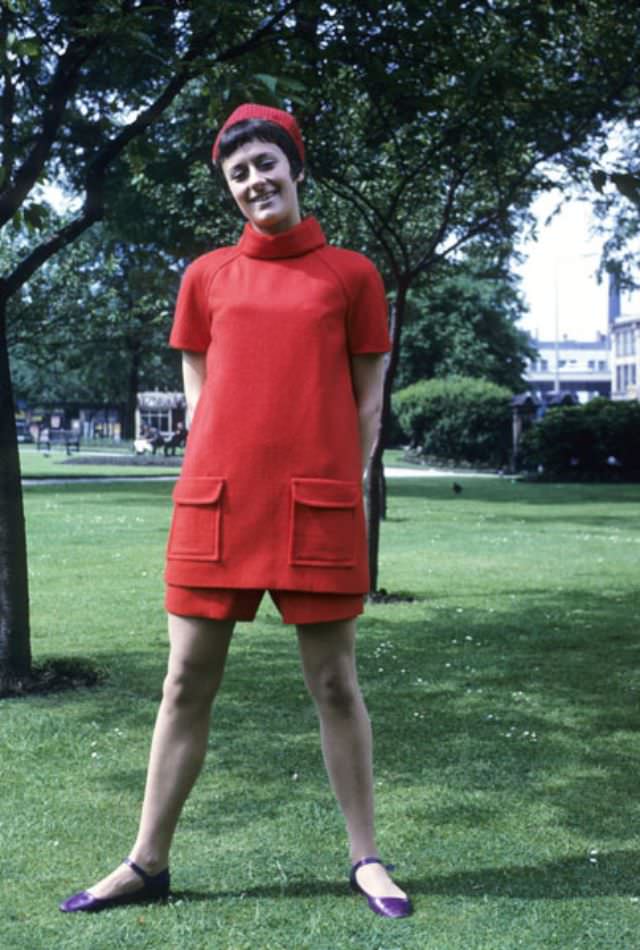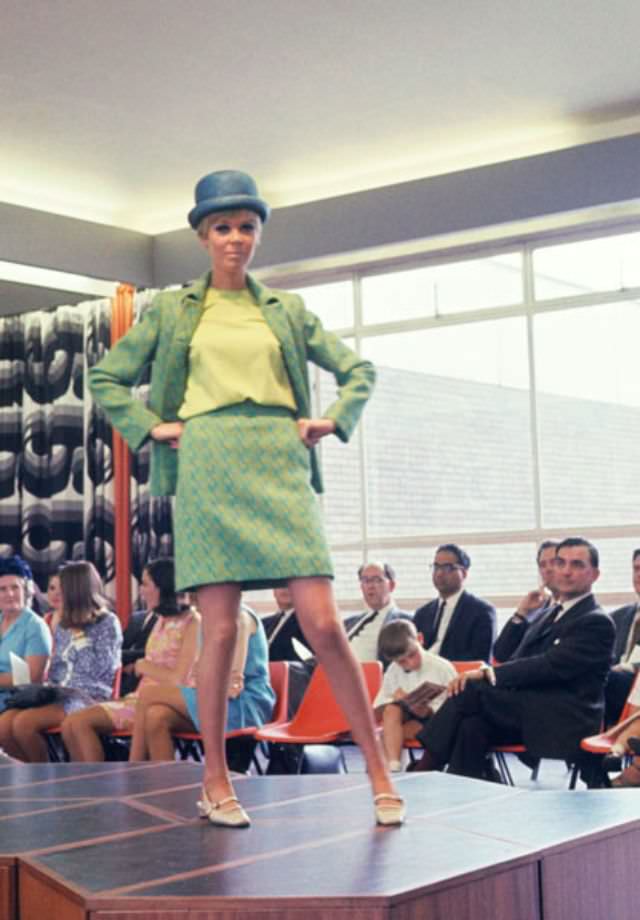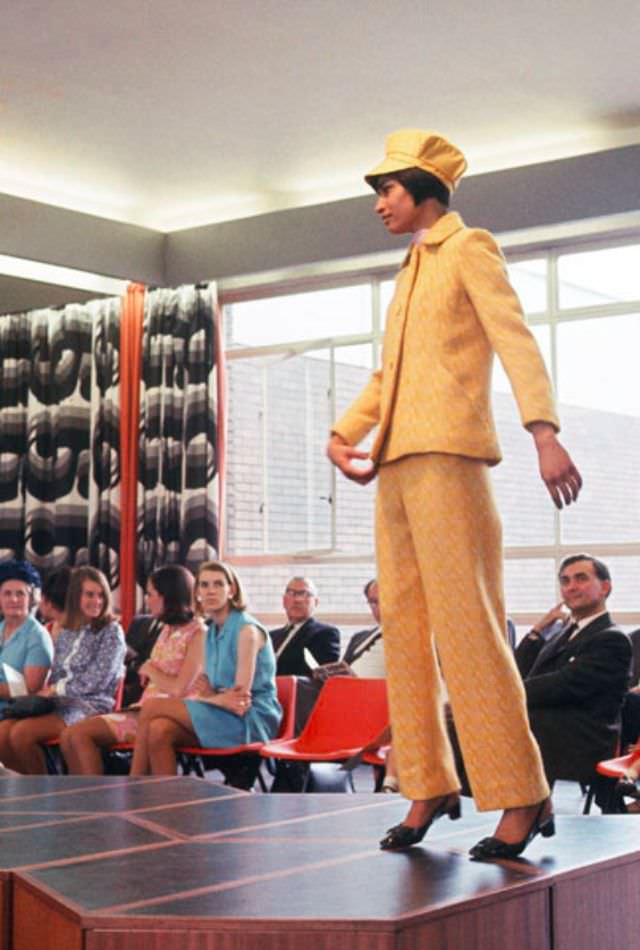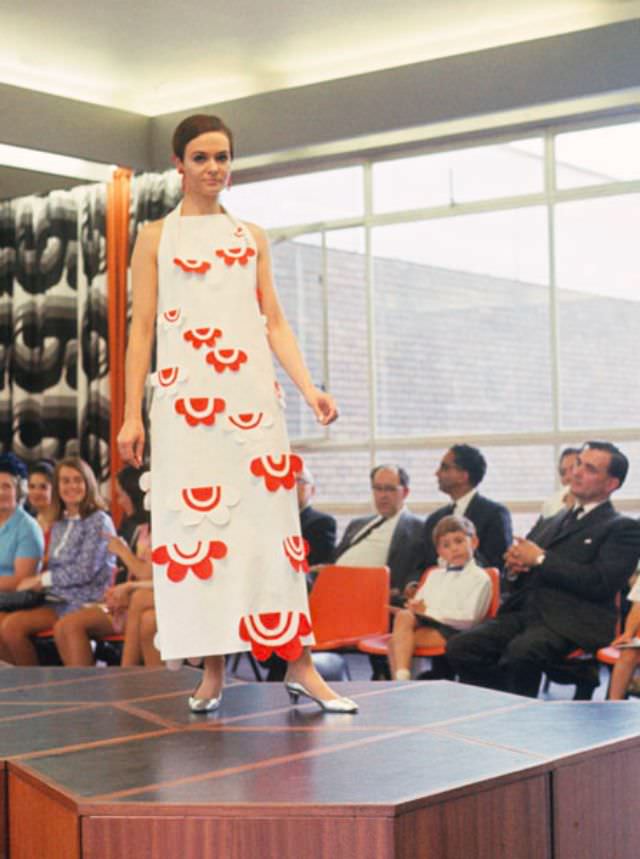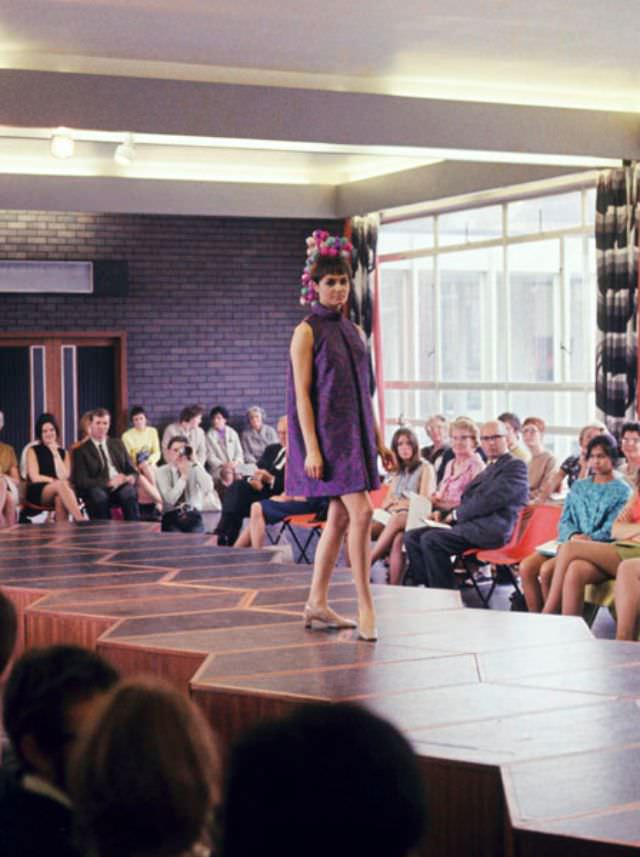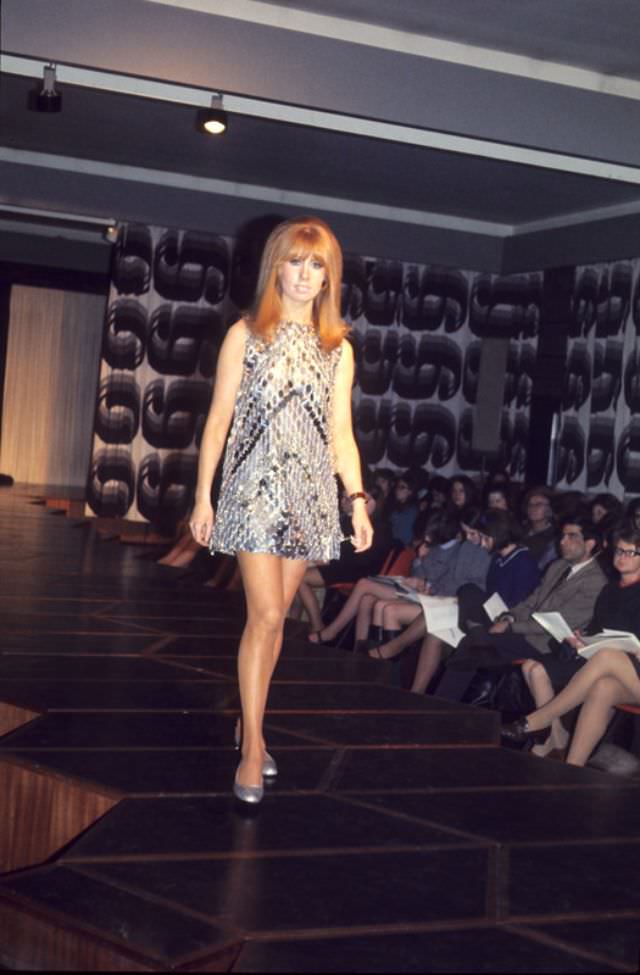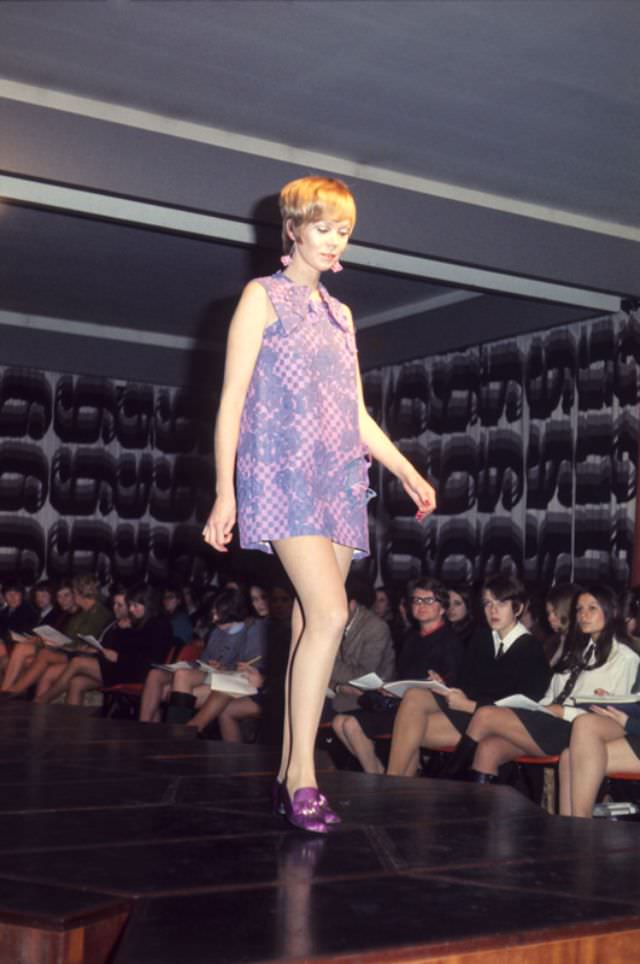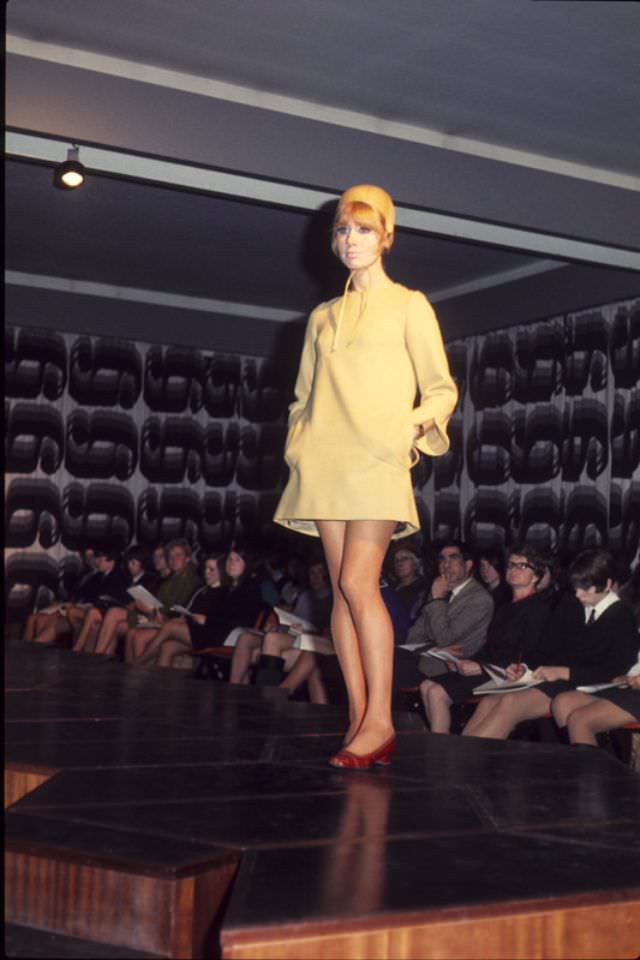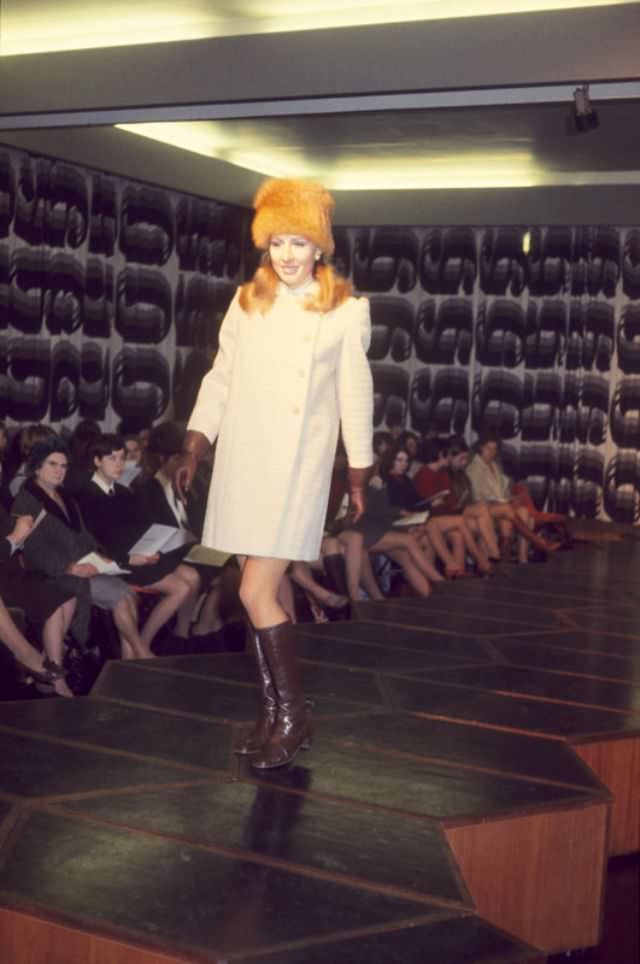The 1960s was a vibrant decade for fashion, and Manchester played a significant role in this movement. The city was home to several institutions that trained young designers. The Manchester School of Art and its predecessor institutions, like the Faculty of Art and Design at Manchester Metropolitan University and Manchester Polytechnic, produced many talented fashion students during this time. These students were influenced by the cultural shifts happening around them, leading to innovative designs and unique styles.
The Cultural Context of the 1960s
The 1960s was a time of change in the world. Music, art, and fashion were evolving rapidly. The rise of pop music, especially bands like The Beatles and The Rolling Stones, influenced the way people dressed. Young people wanted to express themselves, and fashion became a key way to do that. In Manchester, this cultural revolution inspired students at local art schools to explore new ideas and challenge traditional fashion norms.
Read more
The Manchester Fashion Scene
Manchester was known for its industrial background. The city was a hub for textiles and manufacturing. This history provided a rich environment for fashion students. They had access to materials and resources that allowed them to experiment with their designs. The students often drew inspiration from the local culture, which included music, art, and the working-class lifestyle.
The fashion scene in Manchester was also influenced by the Mod and Hippie movements. The Mods were known for their sharp suits and stylish accessories, while the Hippies embraced colorful, bohemian styles. Students often blended these influences into their work, creating unique garments that reflected the spirit of the times.
Training and Techniques
Fashion students at the Manchester School of Art received a solid education in design and techniques. They learned about pattern making, sewing, and textiles. This foundation allowed them to develop their creativity and technical skills. Many students experimented with different fabrics, colors, and styles.
Students also participated in fashion shows and exhibitions. These events provided them with valuable experience and exposure. They showcased their work to the public, receiving feedback and recognition. This hands-on approach helped students build confidence in their abilities and encouraged them to push boundaries.
Notable Projects and Designs
During the 1960s, fashion students in Manchester created a variety of exciting projects. Many students focused on ready-to-wear clothing, which was becoming increasingly popular. They designed outfits that appealed to the youth culture of the time. Bright colors, bold patterns, and innovative cuts were hallmarks of their designs.
Some students took inspiration from the avant-garde art movements of the decade. They experimented with unconventional materials and shapes, creating pieces that were more like art than clothing. This artistic approach helped them stand out among their peers and contributed to the evolving definition of fashion.


